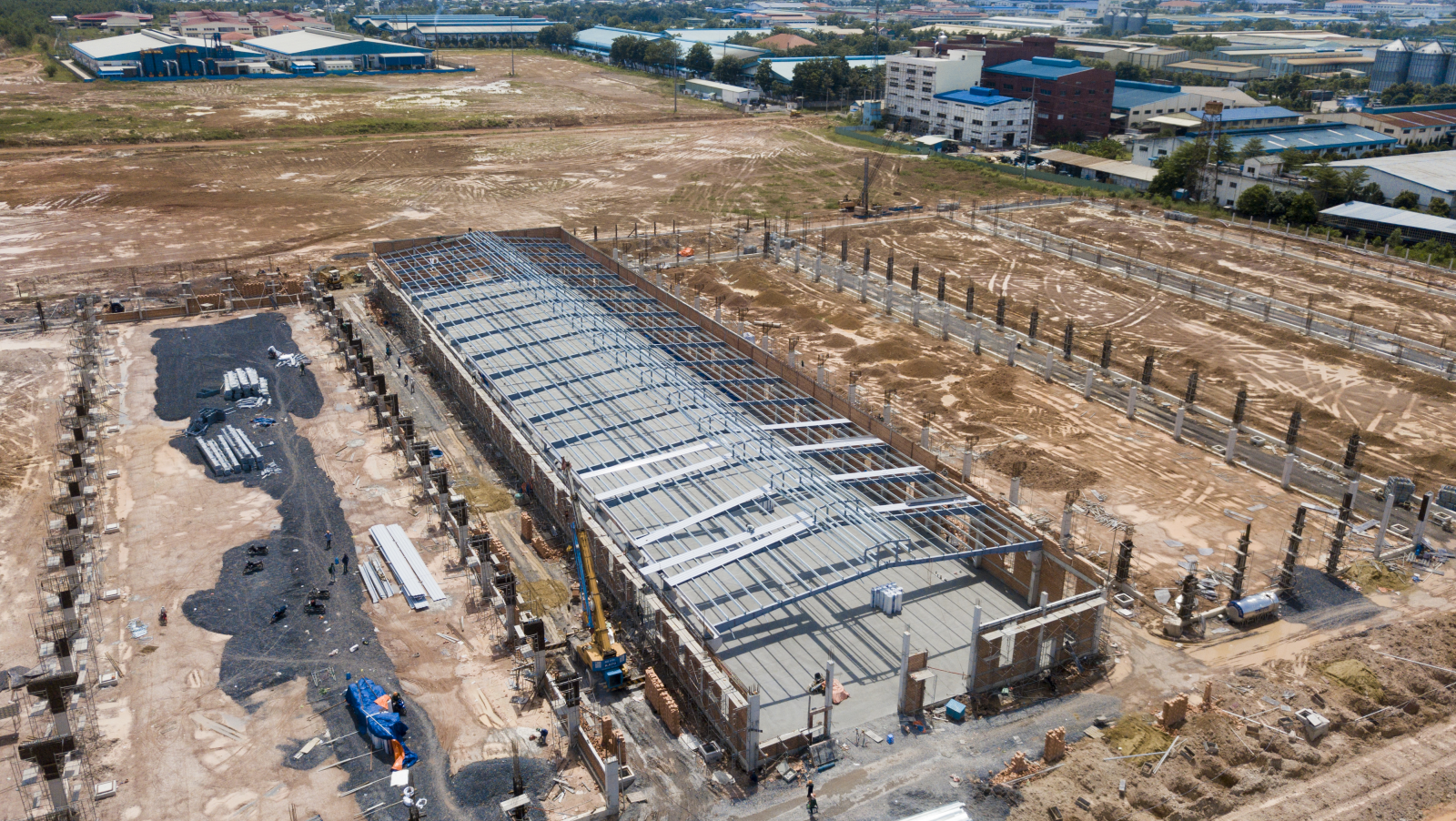
Minnesota Construction Associations To Stop Law on Independent Contractors
[ad_1]

Calling a law imposing hefty penalties on construction industry employers and owners who misclassify employees as independent contractors “unconstitutional” and “vague,” two Minnesota-based construction associations and a contractor are suing to stop the law from taking effect on March 1.
The lawsuit was filed Feb. 14 by The Associated Builders and Contractors of Minnesota and North Dakota (ABC), the Builders Association of Minnesota (BAM) and Rochester-based J&M Consulting. The lawsuit asks the U.S. District Court of Minnesota to declare the law unconstitutional and argues that it is pre-empted by the National Labor Relations Act.
The complaint alleges that the law, which applies a 14-point test for the construction industry to determine who is an independent contractor versus an employee, “is impermissibly vague—an ordinary person cannot reasonably understand what conduct it prohibits, and it further encourages arbitrary enforcement on the part of defendants.”
It also charges that the law violates the Eighth Amendment’s block on excessive fines by imposing “massive compounding fines for even inadvertent, innocent or technical violations.”
The lawsuit names Nicole Blissenbach, commissioner of the Minnesota Dept. of Labor and Industry (DOLI), and Keith Ellison, Minnesota’s attorney general, as defendants.
The law, which was passed in May 2024, allows compensatory damages and penalties of up to $10,000 for each individual the employer fails to classify, represent or treat as an employee, and $1,000 a day for failure to provide documents.
If the employer also fails to report the individuals as employees to a state agency, such as to the unemployment insurance division, it could face additional penalties. Individual owners, officers or agents may also be held liable.
“The new legislation replaces today’s piecemeal response to misclassification with a whole-of-government approach,” said Blissenbach in a news release after the law was passed in May. “It strengthens deterrence, enforcement, consequences and helps DOLI combat misclassification across all industries.”
A new “14-factor test” in the law is not only vague, but it also conflicts with common industry standards, the lawsuit charges. The test “invites innocent or inadvertent misclassifications and then punishes for those misclassifications,” Dale Juntunen, president of the Builders Association of Minnesota, said in a statement. BAM represents a majority of open-shop contractor members.
The law specifies that an independent contractor operates under a written contract to perform specific services that must be signed and dated by an authorized representative of both business entities, and it must be fully executed no more than 30 days after the work starts. It also identifies specific services to be performed and provides for compensation on a commission, per-job or on a competitive-bid basis and not on any other basis. Further, the contract must be signed and dated by both an authorized representative of the business providing the service and the person for whom the services are provided. Many construction service providers such as ready-mix concrete truck drivers and others operate as independent contractors when they are on multi-employer jobsites because it allows them to make deliveries at several different multi-employer sites, working for several different concrete contractors per day.
John McGuine, owner and president of J & M Consulting, a commercial general contractor in Rochester, Minn., said in a court filing that his company often works with prime subcontractors who hire subcontractors for private projects and cannot know their pay arrangements with workers.
“Because JMC primarily does not work on state-funded projects . . . JMC can never certainly know what its subcontractors or sub-contractors pay their workers in wages and benefits; nor does JMC certainly know the payment structure that the subcontractors and sub-subcontractors use when paying wages and benefits to their workers,” he said.
Chad Kompelien, CEO of Mike Kompelien Custom Homes, said it is not uncommon for a subcontractor to forget to sign a document and that “the parties start work and worry about paperwork later.”
The law empowers DOLI to order a business to stop work at one or more of its josbites if DOLI determines that the business violated the law related to misclassification. The stop work order remains effective until the commissioner determines that the business has complied and paid any damages and penalties.
The law states that DOLI may order the employer to pay compensatory damages to each affected worker to cover the minimum wage, overtime, shift differentials, vacation pay, sick pay, health insurance, life and disability insurance, retirement plans, savings plans and other employment benefits, as well as employer contributions to unemployment, Social Security and Medicare.
The lawsuit alleges that the state legislature violated the state’s constitution when it stuffed hundreds of laws into a 1,492-page omnibus bill that passed before midnight on May 19, 2024. It claims that legislators and the public were not given sufficient time to review or debate the omnibus bill and that it violated a Minnesota constitutional requirement that no law can embrace more than one subject and the subject must be expressed in the law’s title.
The North Central States Regional Council of Carpenters supports the law.
“This legislation increases penalties and establishes essential interagency cooperation to empower construction workers to speak out and to deter employers from attempting to gain an unethical competitive advantage when bidding against law-abiding employers,” said Burt Johnson, general counsel for the carpenters’ regional council.
James Honerman, communications director for DOLI, said his department is “reviewing the complaint and has no further comment.”
[ad_2]
Source link
Post a Comment
You must be logged in to post a comment.






